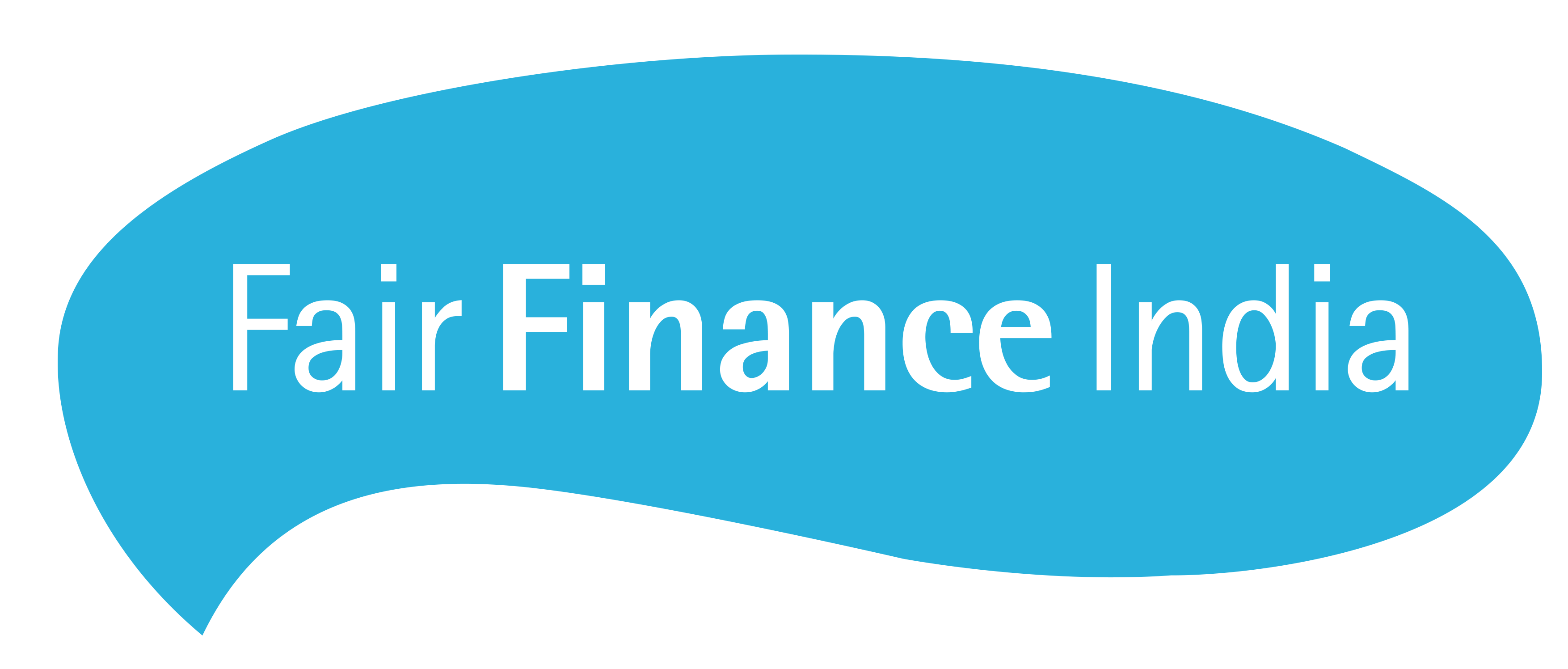
- Home
- Media
- Environment Ministry urged to postpone comments on draft Environment Impact Assessment 2020
Environment Ministry urged to postpone comments on draft Environment Impact Assessment 2020
23 April 2020

“Climate action” is the theme for Earth Day 2020; the year also marks the 50th anniversary of the annual celebration. This call to act for the climate amidst the current world crisis should be seen as an appeal to acknowledge the unprecedented strength of nature. With the world economy at its knees, no amount of influence, money, or power has been useful in finding immediate protection from this fast-spreading virus. In ways, this situation is a reminder for each of us to recognize the repercussions of uncontrolled environmental and natural exploitation. In light of this humbling recognition, it is only fair that we as a civil society treat every aspect of and effort towards environmental protection with utmost sincerity. The call to provide recommendations on the EIA 2020 in these challenging times is only asking for over-stretching of already stretched human resources, which could bear the risk of a sub-par recommendation document. We hence, appeal to the government to postpone the timeline for receiving comments on the draft EIA 2020 policy, to a more settled, post-COVID period, so that civil society is able to deliver a focussed and highly-comprehensive document, which in turn shall ensure the coming into effect of a robust policy.
The Covid-19 pandemic is having an unprecedented impact on every aspect of human life, not to mention on the planet itself. The pandemic is the centre of development discussions across the globe. Internationally, the civil society has started to advocate for the cancellation of debts for poorest nations, so that the focus is on health, social and economic wellbeing of the nation in this crisis. [1] The International Monetary Fund (IMF) and World Bank have also called for ‘governments to put a hold on debt payments from the world's poorest nations so they can battle the coronavirus pandemic.’ [2]- In India, multi-stakeholder partnerships are being formed to ensure that there is a Whole of Society approach spanning the globe to deal with the pandemic. Businesses have been retooling to produce personal protective equipment (PPE) to meet the shortage and civil society organisations (CSOs) have been active in providing food and shelter to the informal sector workers and migrant labourers (in 13 states more than the government itself, according to the affidavit to the Supreme Court of India by the Government of India). Civil society actors are also supporting the state governments in making sure the free ration through the Public Distribution System (PDS) reaches the ones who are actually in need.
Amidst the ongoing crisis, when all resources – financial, human and time, are stretched in managing the unique challenges every day, especially due to the lockdown, decisions on policies with long-term implications should be delayed. Important policies like the labour reforms and Environment Impact Assessment notification 2020, require multi-stakeholder interaction and inputs. This is an opportunity for the most affected parties, the communities and citizens, to raise their concerns and provide inputs.
The draft EIA 2020 notification was put in the public domain on 12 March 2020 by the Ministry of Environment, Forest and Climate change (MoEFCC) which sought views and comments from all stakeholders in 60 days. It comes at a time when all stakeholders, especially the civil societies are working towards supporting the government’s efforts to reach out to the communities to provide Covid-19 relief. A call for comments now would not bear an inclusive policy, that would have otherwise been made robust by focussed attention from sector experts, civil society and above all the communities who are the most affected by large business operations.
The EIA 2006 is a critical law to regulate the environment clearance given by the Government of India (GoI) for large projects (such as dams, mining, thermal power plants, infrastructure projects like highways, ports, airport and big construction projects). The current draft notification, proposes to ease processes for business, does away with the public hearings for many projects and eases rules for expansion of projects among other things. . For instance, a mining project can now get environmental clearance for a period of up to 50 years, in the beginning, instead of 30 years in the EIA 2006. There are several other features that significantly dilute the very purpose of the EIA, and curtails the public consultation process before an environment and social clearance is provided to a company (public or private). A detailed analysis of the document is needed through consultation with sector experts, communities and civil society and the current time is not appropriate to ensure this.
The Reserve Bank of India’s moratorium on computing non-performing assets (NPA) until June, 2020 will only allow the gauging of the extent of NPAs 4-5 months from now. The lockdown has already put a pressure on the economic health of the country and the impact of this on businesses is unprecedented. For instance, the bankruptcy of Californian utility Pacific Gas & Electric Corp (PG&E) last year,[3] following devastating forest fires for 2018, is evidence of the dramatic impact of nature-related events on stock prices. The stock markets have been performing negatively since the pandemic has hit India and the world. The status of projects and the capacity of businesses to take forward those projects is uncertain.
The current crisis has made it very clear that habitat and biodiversity loss puts us uncomfortably close to wildlife and we are vulnerable to their diseases. Fair Finance India, therefore calls to:
- Withdraw the draft EIA 2020 till the pandemic crisis is over and allow for comprehensive comments later especially from the communities that are most impacted
- Revising the EIA 2020 to cover scenarios like the current pandemic, as huge business projects are intrinsically linked with community and/or labour migrations that are exacerbated in situations of crisis
- Mandate the disclosure from financial institutions and top 1000 listed businesses, on their strategic response to climate change and environment, social and governance (ESG) risks.
Fair Finance India (FFI) is a civil society initiative that seeks to strengthen the commitment of financial institutions to environmental, social and governance (ESG) standards. For more visit: https://fairfinanceindia.org/
[3] https://www.theguardian.com/us-news/2019/jan/29/pge-bankruptcy-california-wildfires-utilities
Thank you for submitting
Your message has succesfully been placed
